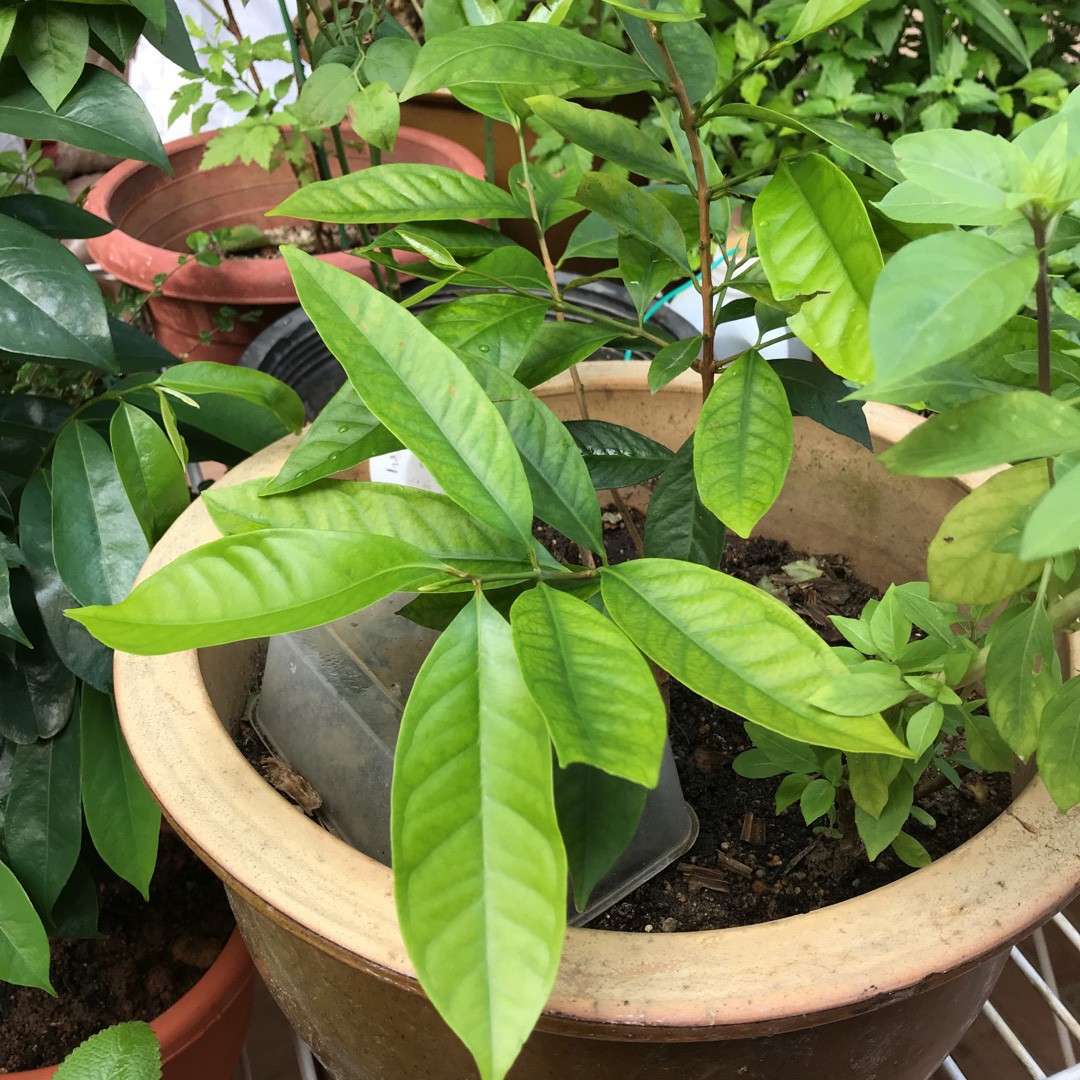Nutmeg (Myristica fragrans) Benefits and Uses

Nutmeg (Myristica fragrans) is a spice that is commonly used in baked goods, holiday treats, ethnic cuisine, and beverages. It has been traditionally used in various forms of herbal medicine for its medicinal properties
Health Benefits of Nutmeg (Myristica fragrans)
Nutmeg (Myristica fragrans) is known for its various health benefits, including:
- Pain relief
- Digestive aid
- Brain health improvement
- Detoxification of the body
- Oral health maintenance
- Insomnia treatment
- Leukaemia prevention
- Hormone balance support
- Skincare enhancement
- Blood pressure regulation
It is also a rich source of antioxidants, which help protect against ageing and serious conditions such as cancer, heart disease, and liver disease. Always remember to use nutmeg in moderation, as excessive consumption can have adverse effects.
The chemical composition of Nutmeg
Nutmeg (Myristica fragrans) contains a variety of chemical constituents, including:
- Volatile oil (5 to 15%): this includes compounds like myristicin, responsible for nutmeg’s characteristic flavour and psychoactive effects in large quantities, elemicin, which contributes to its fragrance, and sabinene, a terpene that adds to the spice’s aroma.
- Fixed oil (30 to 40%): also known as fatty oil.
- Other components such as phytosterin, starch, amylodextrin, colouring matters, and a saponin.
These constituents contribute to nutmeg’s distinctive fragrance and flavor, as well as its medicinal properties.
How to use Nutmeg (Myristica fragrans) as herbal medicine

- Cooking: Add ground nutmeg to coffee, hot chocolate, tea, or warm milk for flavour. Use it to season vegetables like cauliflower and sweet potatoes, or sprinkle it over oatmeal, breakfast cereals, and fruit for an added kick. It’s also great for baking.
- Herbal Remedies: Grate whole nutmeg and add it to dishes for its potential health benefits. It’s part of spice blends like garam masala and quatre épices, used in savoury cooking beyond desserts
Nutmeg (Myristica fragrans) has been traditionally used in various forms of herbal medicine for its medicinal properties. Here are some ways to use nutmeg as an herbal remedy:
- Oral Health: Nutmeg can be used to reduce plaque and oral halitosis. It may also help in the treatment of oral ulcers.
- Digestive Health: It is known to have carminative effects, helping to relieve digestive issues such as indigestion and flatulence.
- Pain Relief: An ointment made from nutmeg butter can be used as a counterirritant for treating rheumatism and relieving muscle and joint pain.
- Insomnia: A small dose of nutmeg, due to its sedative properties, can help induce sleep.
- Skin Care: Due to its antimicrobial and anti-inflammatory properties, nutmeg can be used in skincare routines to improve skin health.
Nutmeg has been utilized in Ayurvedic, traditional Chinese, and traditional Thai medicines due to its strong antioxidant and antimicrobial properties. Always consult with a healthcare provider before using nutmeg or any other herbal remedies for medicinal purposes, especially regarding dosages and potential interactions with other medications.
Safety and Adverse Effects of Nutmeg
Nutmeg is generally safe when consumed in amounts typically found in food. However, overconsumption can be risky and may lead to:
- Gastrointestinal symptoms: such as nausea and vomiting.
- Central nervous system effects: including hallucinations, anxiety, fear, and acute psychosis.
- Other symptoms: like contact dermatitis, asthma, cutaneous flushing, decreased salivation, and tachycardia.
- Severe toxicity: Ingesting large doses can lead to anticholinergic-like episodes and, in rare cases, death.
It’s recommended to use nutmeg sparingly in cooking and herbal remedies. Consuming more than a teaspoon in one sitting can cause adverse effects. Always consult with a healthcare provider before using nutmeg for medicinal purposes, especially in larger quantities.
External links

